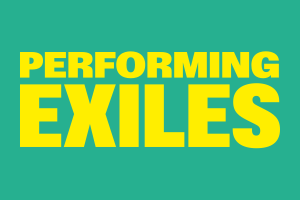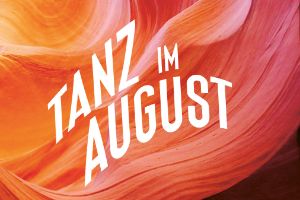
Jonathan Harvey
Born in Warwickshire (England) in 1939, Jonathan Harvey was a chorister at St. Michael's College, Tenbury, and then studied music at St. John's College, Cambridge. He received his doctorate from the universities of Glasgow and Cambridge and, on the advice of Benjamin Britten, studied composition with Erwin Stein and Hans Keller, both pupils of Schoenberg. He thus became familiar with the twelve-tone technique. From 1969 to 1970, he was a Harkness Fellow at Princeton University, where his meeting with Milton Babbitt had a considerable influence on his work. The new technologies, although still in their infancy at the time, opened him up to an avant-garde compositional dimension: the exploration of sound. His meeting with Stockhausen was also decisive, as it guided him in his learning of studio techniques. Their ideas converged on the fact that electronic techniques made it possible to transcend the physical limits of traditional sound sources. Both composers were seeking a rapprochement between the rational and the mystical, the scientific and the intuitive. In 1975, Jonathan Harvey published a book on Stockhausen's work.
In the early 1980s, Pierre Boulez invited Jonathan Harvey to work at IRCAM, where he produced “Mortuos Plango”, “Vivis Voco” (for tape), “Bhakti” (for ensemble and electronics), “Advaya” (for cello and electronics), and String Quartet No. 4 (with live electronics). He also became familiar with the spectral music, which he considers a determining factor in the development of today's music. In addition, he sees electronic sound as an opening to transcendental and spiritual dimensions.
Jonathan Harvey's work covers all genres: music for a capella choir, large orchestra (“Tranquil Abiding”, “White as Jasmine” and “Madonna of Winter and Spring”), chamber orchestra (String Quartets, “Black Sun / Chitra” and “Death of Light”, “Light of Death”), ensemble, and solo instrument. He is considered one of the most imaginative composers of electroacoustic music. His first opera, “Passion and Resurrection” (1981), inspired the making of a documentary for the BBC (“The Challenge of the Passion”). The second, “Inquest of Love”, commissioned by English National Opera, was premiered under the direction of Mark Elder in 1993 and the third, “Wagner Dream”, commissioned by De Nederlandse Opera, Grand Théâtre de Luxembourg, Holland Festival and Ircam, was premiered in 2007.
From 2005 to 2008, Jonathan Harvey was Composer in residence at the BBC Scottish Symphony Orchestra where he created “Body Mandala, ... towards a pure land” and especially “Speakings” in 2008 (commissioned by the BBC Scottish Symphony Orchestra, IRCAM and Radio France).
Jonathan Harvey receives commissions from all over the world and is one of today's most frequently programmed composers. His works have been performed by Ensemble Modern, Ensemble Intercontemporain, Ensemble Asko, Nieuw Ensemble (Amsterdam) and Ensemble Ictus (Brussels) in festivals such as Musica (Strasbourg), Ars Musica (Brussels), Musica Nova (Helsinki), Acanthes, Agora, as well as in numerous contemporary music centres. Nearly two hundred performances of his works are given or broadcast each year and some eighty recordings are available on CD.
Jonathan Harvey is an Honorary Doctor of the Universities of Southampton, Sussex, Bristol and Huddersfield and a member of the European Academy. He published two books in 1999 on inspiration and spirituality. From 1977 to 1993, Jonathan Harvey was Professor of Music at the University of Sussex, where he later remained an Honorary Professor. From 1995 to 2000, he taught music at Stanford University (USA), was a visiting professor at Imperial College London and an honorary fellow of St. John's College, Cambridge.
In 1993 he was awarded the prestigious Britten Prize for composition, in 2007 the Giga-Hertz Prize for his body of electronic music and “Speakings” was awarded the Prince Pierre of Monaco Prize. He is the first British composer to receive the Grand Prix Charles Cros. Between May 2009 and May 2010, Jonathan Harvey's work was being celebrated around the world in concerts and festivals dedicated to him, with new recordings and portraits. The BBC Symphony Orchestra celebrated him in its Total Immersion series in January 2012. Jonathan Harvey died in December 2012.
